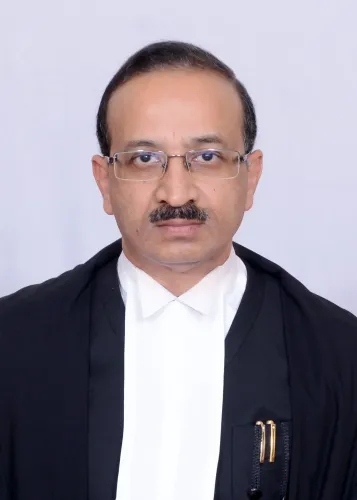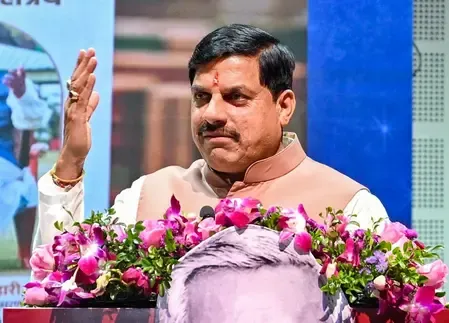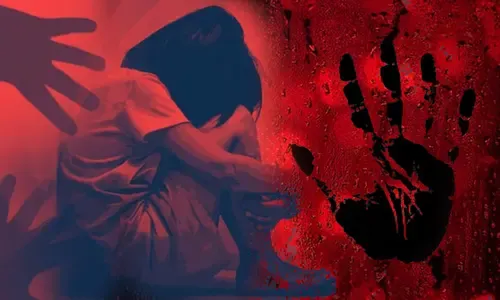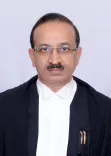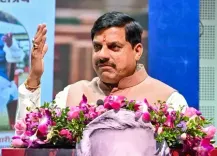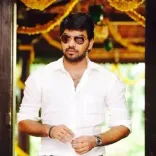Why Did the Calcutta HC Decline a CBI Probe into the Murshidabad Twin Murders?
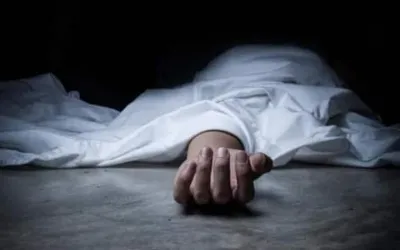
Synopsis
Key Takeaways
- The Calcutta HC declined a plea for a CBI investigation.
- The twin murders occurred in Murshidabad amidst communal violence.
- The family fears bias from local police.
- Legal experts suggest the case may return to the single-judge bench.
- NCW has recognized the families' concerns regarding police conduct.
Kolkata, May 15 (NationPress) A division bench of the Calcutta High Court on Thursday declined to consider a request for a Central Bureau of Investigation (CBI) inquiry into the twin murders of Hargobindo Das and Chandan Das, a father and son tragically killed in communal unrest at Samserganj, located in the minority-heavy district of Murshidabad, West Bengal last month.
On May 5, the relatives of the deceased duo approached the Calcutta High Court’s single-judge bench led by Justice Tirthankar Ghosh, filing a petition for a CBI investigation into the murders.
However, Justice Ghosh opted not to take up the case, indicating that as a matter concerning communal violence was already being reviewed by the division bench of Justice Soumen Sen and Justice Smita Das, the petitioners should redirect their plea to that division bench.
On Thursday, the division bench noted that it is not mandatory for a division bench to handle every case related to violence.
They also stated that the proceedings could be managed by the pertinent single-judge bench, which typically addresses such cases. The family of the deceased expressed a lack of confidence in the state police's investigation into the twin murders, prompting their request for a CBI inquiry.
Additionally, the family has sought protection from the central armed police forces. Legal experts suggest that, given the issues of police misconduct or inaction being examined by Justice Ghosh's single-judge bench, it is likely that the case could eventually return to his court.
Previously, the National Commission for Women (NCW) released a statement indicating that it had urgently acknowledged a request from the widows of the murdered father and son, who accused the West Bengal Police of misconduct against them.


